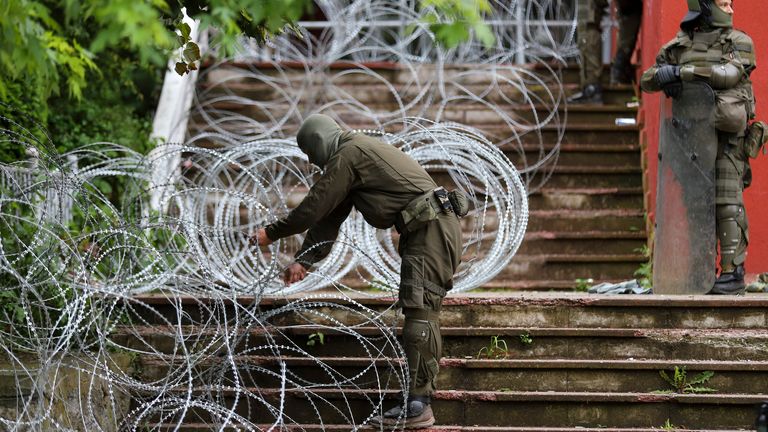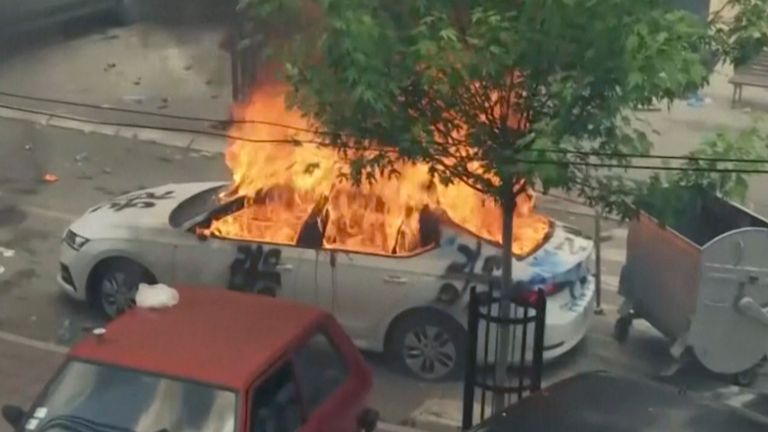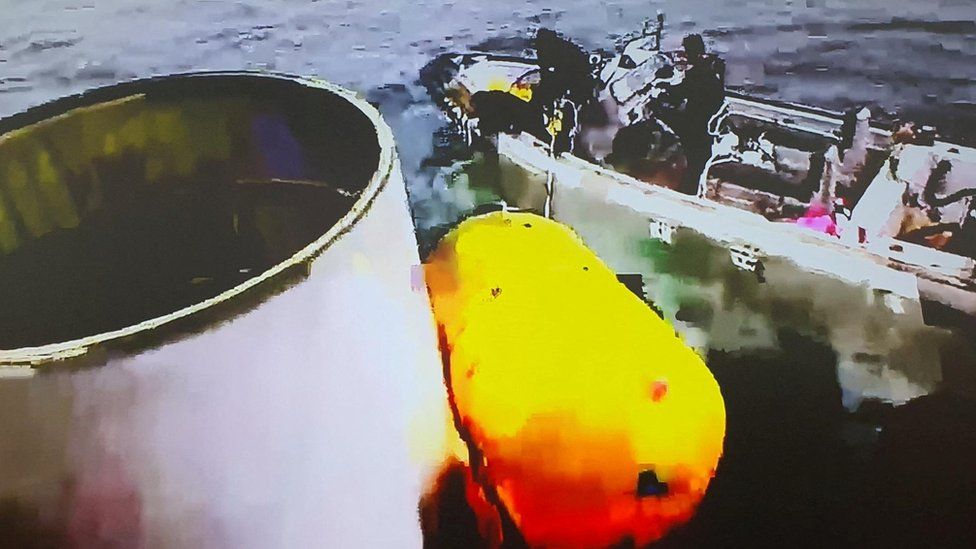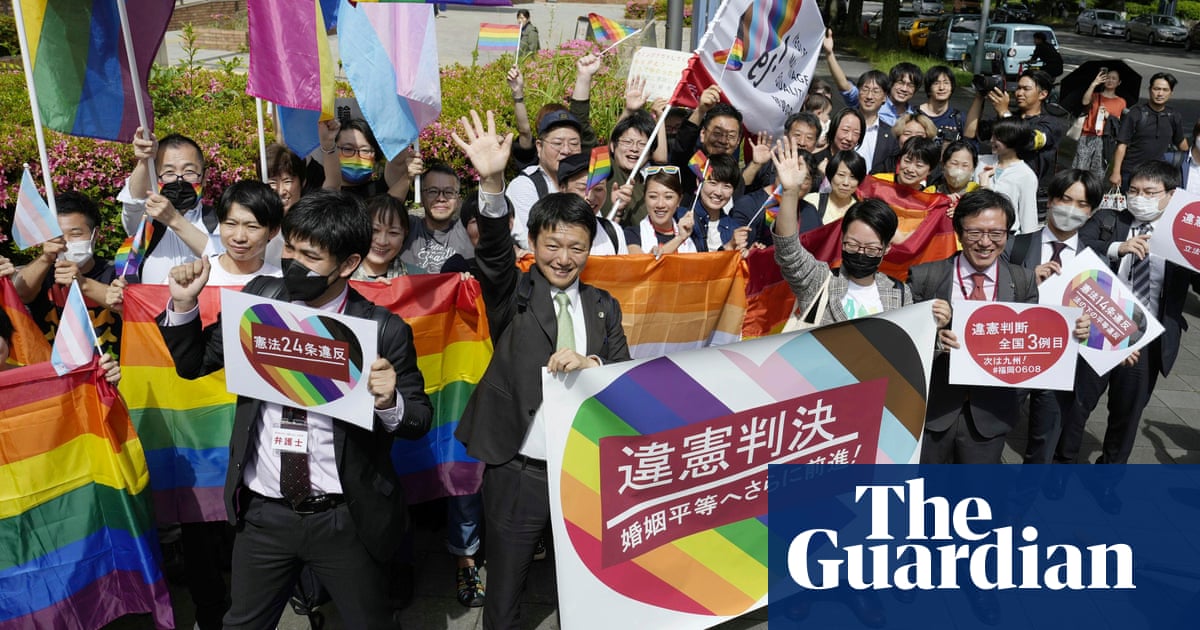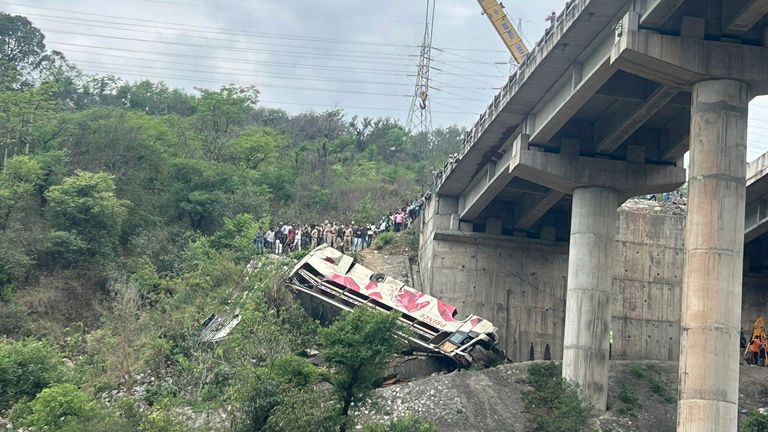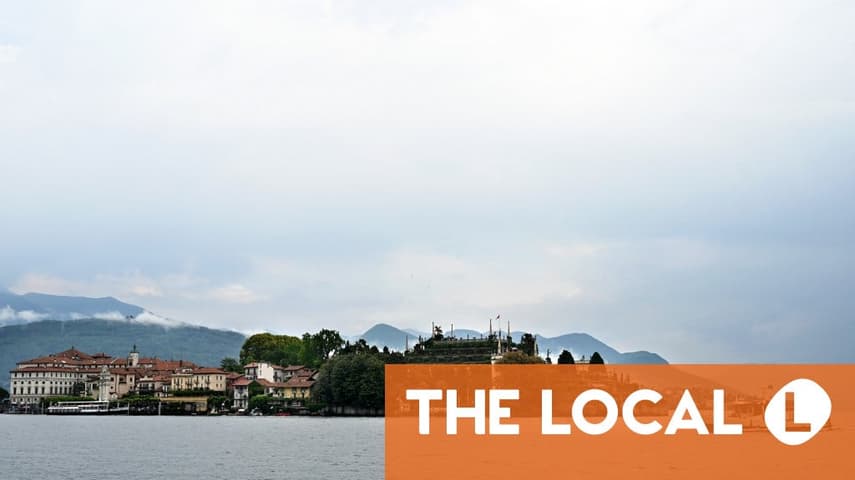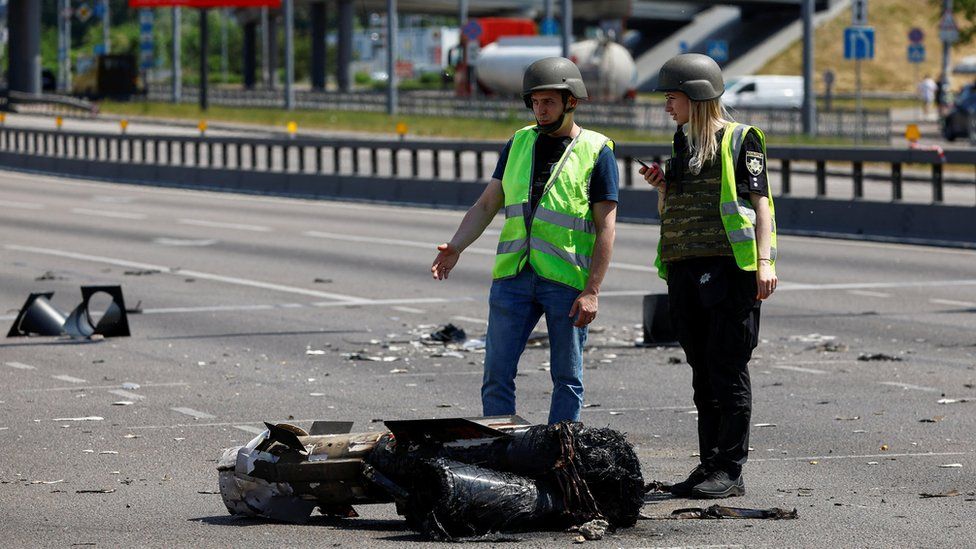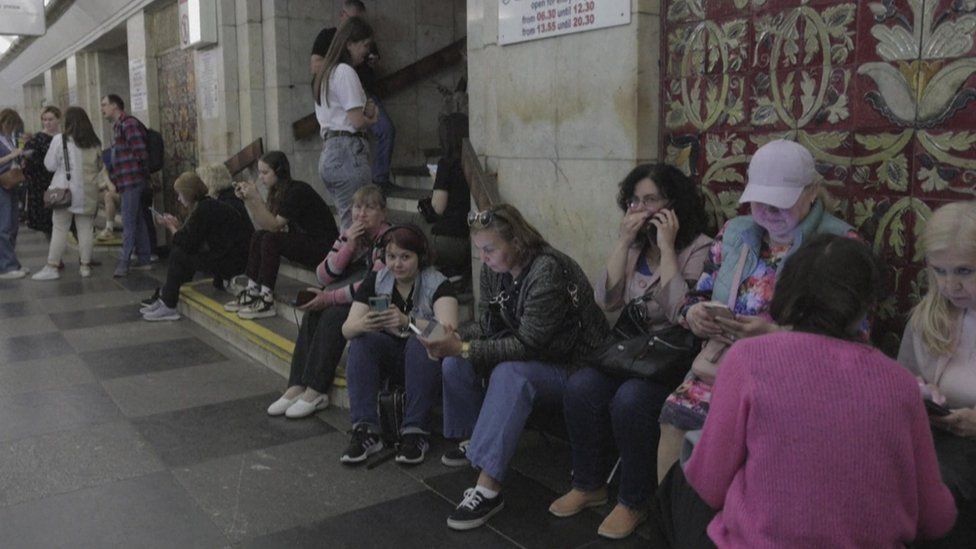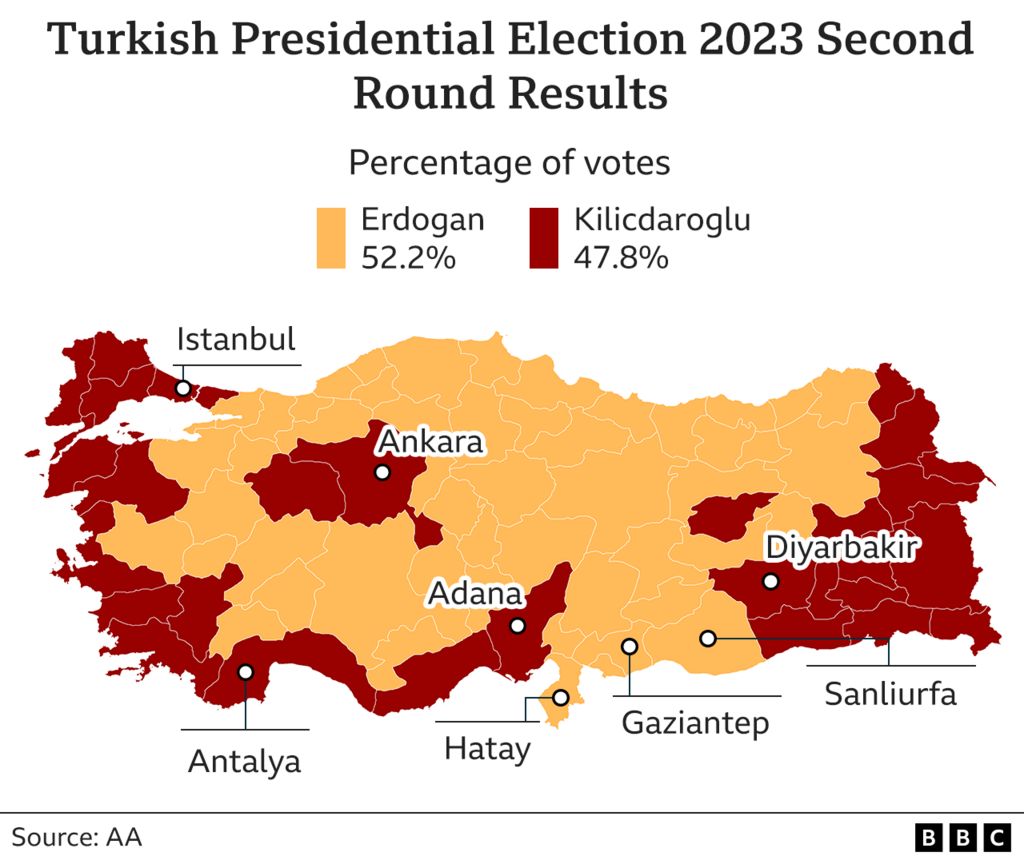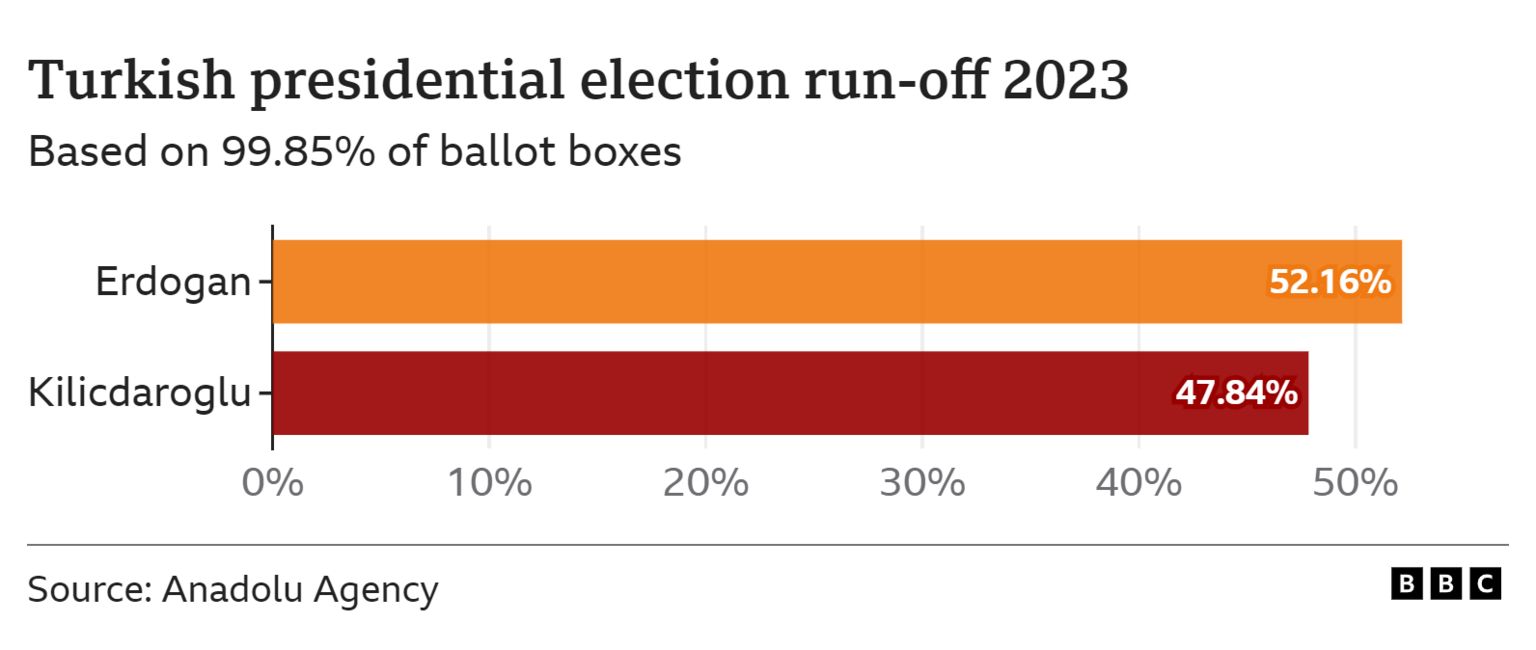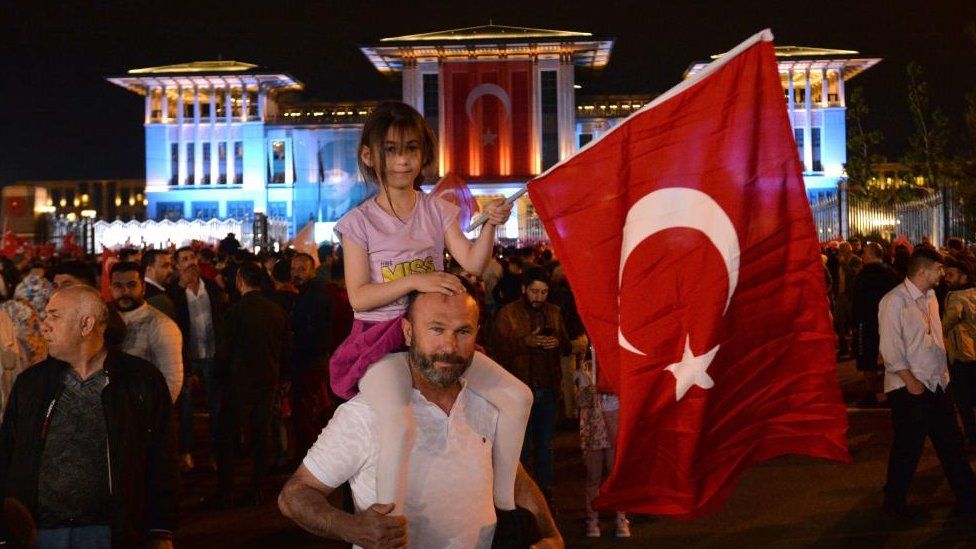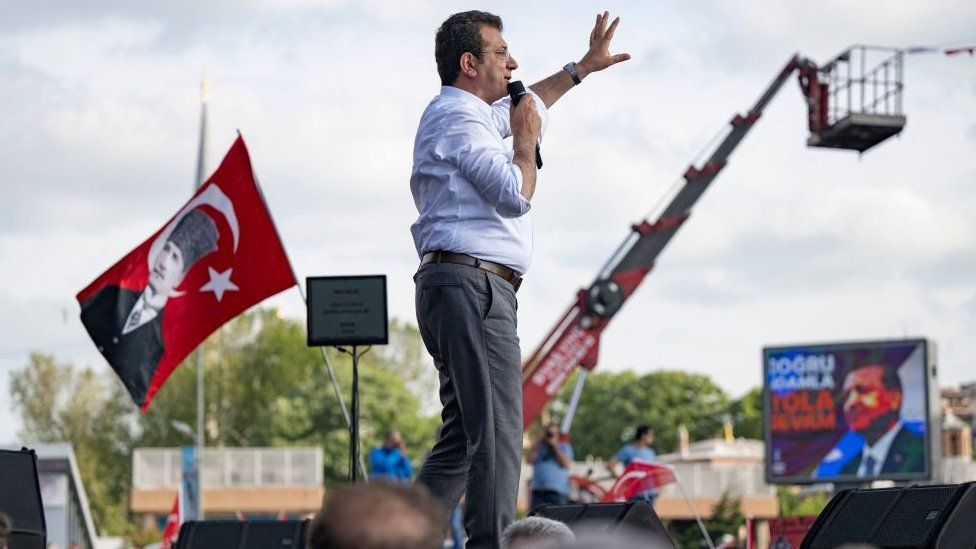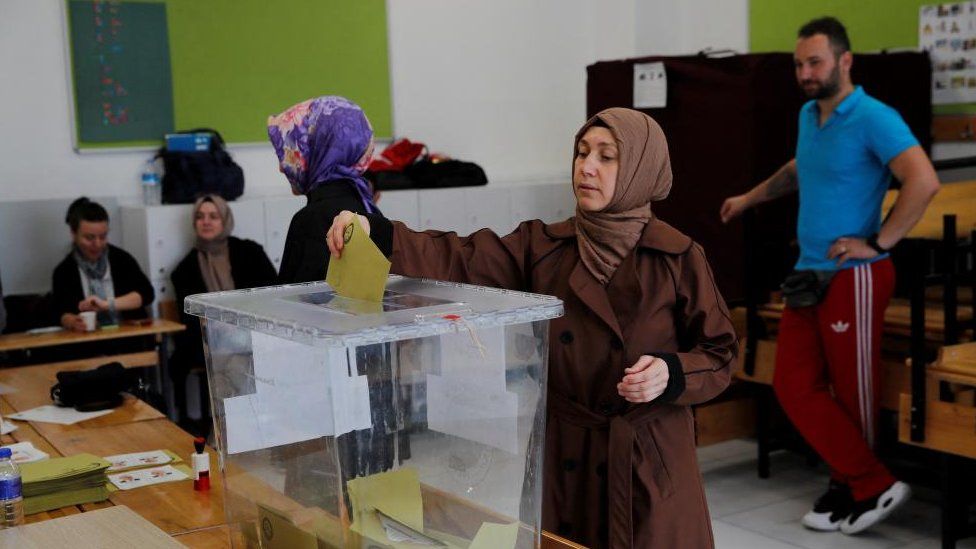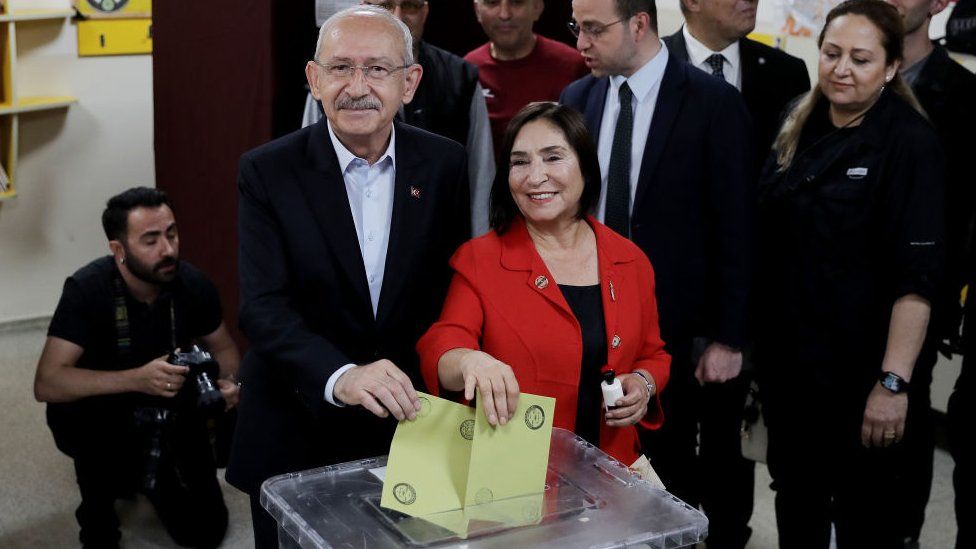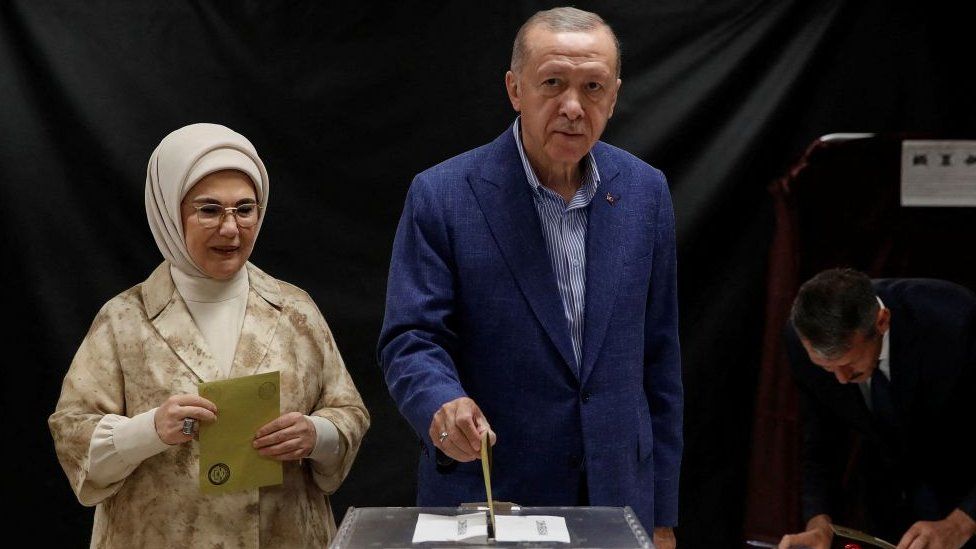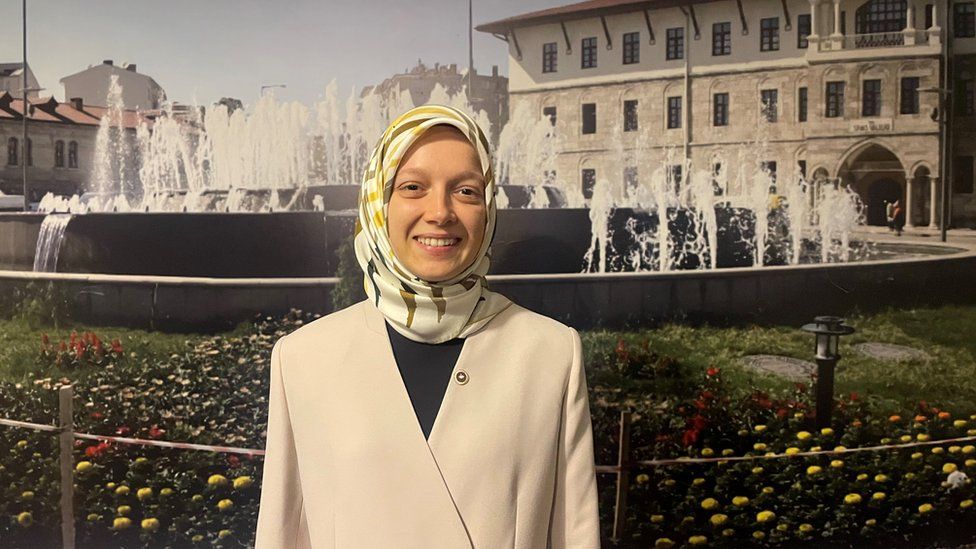NATO-led peacekeeping troops have put up metal fences and barbed wire barriers in a northern town in Kosovo after clashes with ethnic Serbs left 30 international soldiers injured.
The barriers have been erected after hundreds of ethnic Serbs started gathering in front of the city hall in Zvecan, a northern Kosovo town 28 miles north of the capital Pristina.
NATO has decided to send 700 more troops to northern Kosovo to help quell violent protests after the clashes on Monday.
Violence initially broke out in the north of the country over the weekend after ethnic Albanian mayors were installed in Serbian-dominated areas.
They were elected in a vote overwhelmingly boycotted by Serbs.
Some in the country have since made repeated efforts to take over the offices in Zvecan, where the mayors took up their posts.
Kosovo police fired tear gas to disperse Serbs who tried to block officials from entering municipal buildings in the town last week.
This has lead to clashes with NATO-led troops that left 30 international soldiers injured.
Read more:
Why tensions have flared up between Serbia and Kosovo?
Novak Djokovic sends political message about Kosovo
A statement on Tuesday by the NATO-led Kosovo Force (KFOR) said 30 soldiers - 11 Italians and 19 Hungarians - "sustained multiple injuries, including fractures and burns from improvised explosive incendiary devices".
Three Hungarian soldiers were "wounded by the use of firearms," but their injuries were not life-threatening, the statement added.
Serbia's president Aleksandar Vucic has said 52 ethnic Serbs have been injured in the clashes.
Meanwhile, ethnic Serbs have insisted that both ethnic Albanian mayors and Kosovo police must leave northern Kosovo.
Serbia has put its military on the highest state of alert and sent more troops to the border with the country.
A former province of Serbia, Kosovo's 2008 declaration of independence is not recognised by Belgrade.
Ethnic Albanians make up most of the population of Kosovo, but the country has a restive Serbian minority in the north of the country.
NATO's secretary-general Jens Stoltenberg has condemned the violence in Kosovo, saying that "such attacks are unacceptable and must stop".
He warned that NATO troops "will take all necessary actions to maintain a safe and secure environment for all citizens in Kosovo".
He urged both sides to take steps to de-escalate, refrain from "further irresponsible behaviour" and to return to EU-backed talks on improving relations.
https://news.google.com/rss/articles/CBMif2h0dHBzOi8vbmV3cy5za3kuY29tL3N0b3J5L2tvc292by1jbGFzaGVzLW5hdG8tbGVkLXRyb29wcy1wdXQtdXAtYmFyYmVkLXdpcmUtYmFycmllcnMtYWZ0ZXItcHJvdGVzdHMtaW4tbm9ydGhlcm4tdHdvbnMtMTI4OTM0ODfSAYMBaHR0cHM6Ly9uZXdzLnNreS5jb20vc3RvcnkvYW1wL2tvc292by1jbGFzaGVzLW5hdG8tbGVkLXRyb29wcy1wdXQtdXAtYmFyYmVkLXdpcmUtYmFycmllcnMtYWZ0ZXItcHJvdGVzdHMtaW4tbm9ydGhlcm4tdHdvbnMtMTI4OTM0ODc?oc=5
2023-05-31 08:25:12Z
2069998995
